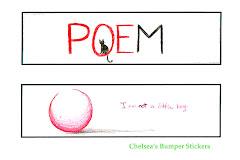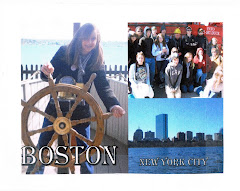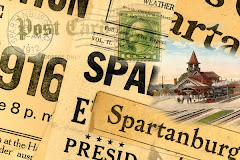 On the literary map, travel from Hanover to Franconia, New Hampshire.
On the literary map, travel from Hanover to Franconia, New Hampshire.Calculate:
# _____________ Miles to Franconia, New Hampshire
$ _____________ Cost for Gasoline to Franconia, New Hampshire
Visit Robert Frost at www.Poets.org and fill-in-the-blanks.
"Robert Frost and his family lived in Franconia, New Hampshire, full-time from 1915 to 1920, and also spent nineteen summers there. Another residence, Robert Frost Stone House Museum is in South Shaftsbury, Vermont. This house is only minutes away from his gravesite in Bennington, Vermont."
"Though his work is principally associated with the life and landscape of _____________, and though he was a poet of traditional verse forms and metrics who remained steadfastly aloof from the poetic movements and fashions of his time, Frost is anything but a merely regional or minor poet. The author of searching and often _________________________________, he is a quintessentially modern poet in his adherence to language as it is actually _______, in the _________________ complexity of his portraits, and in the degree to which his work is infused with layers of ____________ and ___________."
Read "Design" and
Fire and Ice
Some say the world will end in fire,
Some say in ice.
From what I've tasted of desire
I hold with those who favor fire.
But if it had to perish twice,
I think I know enough of hate
To know that for destruction ice
Is also great
And would suffice.
In which lines of the poem does the speaker suggest that he has known destructive impulses?
Why does the speaker find “fire” and “ice” appropriate ways for the world to end?
How much importance would ordinarily be attached to a subject introduced by the phrase, “some say…”?



















